 Our hormones play a crucial role in every aspect of our being. According to hormone specialist Marla Ahlgrimm, the endocrine system has its proverbial hand in every part of our physical and emotional health. Our skin is no different.
Our hormones play a crucial role in every aspect of our being. According to hormone specialist Marla Ahlgrimm, the endocrine system has its proverbial hand in every part of our physical and emotional health. Our skin is no different.
Q: Do hormones affect our skin appearance?
Marla Ahlgrimm: Absolutely. Most often, estrogen is the hormone you would think of when you think of skin health. While estrogen is typically thought of as a sex hormone, it also affects the hair and skin. As women age, their estrogen levels drop, which can make their skin look less plump and more wrinkled. During high-estrogen stages, such as pregnancy, a woman’s skin, specifically on her forehead, cheeks, and nose, may become darker than normal. This is a phenomenon known as melasma.
Q: What causes excess oil production?
Marla Ahlgrimm: While not always, excessively oily skin is often linked to an overabundance of testosterone. It is a common misconception that only men produce testosterone. Women’s bodies also produce testosterone, albeit in much smaller amounts. During menopause, the testosterone and androgen levels are thrown off balance, which may result in adult acne or skin oiliness.








 Many people look at hobbies as simply a way to pass a lazy afternoon. But, according to women’s health entrepreneur Ahlgrimm, hobbies are so much more. Having the right hobby can improve your overall health and happiness. Not sure what piques your interest? Here are some suggestions:
Many people look at hobbies as simply a way to pass a lazy afternoon. But, according to women’s health entrepreneur Ahlgrimm, hobbies are so much more. Having the right hobby can improve your overall health and happiness. Not sure what piques your interest? Here are some suggestions:
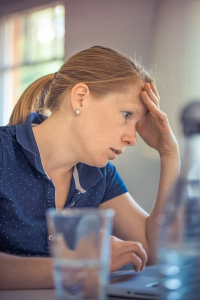 It’s estimated that approximately 1% of women will experience menopause before they turn 40, says
It’s estimated that approximately 1% of women will experience menopause before they turn 40, says 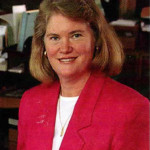 Marla Ahlgrimm:
Marla Ahlgrimm: 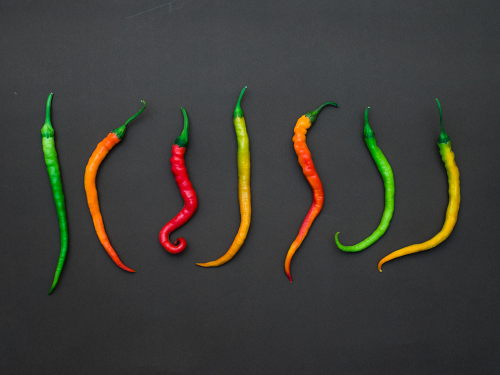
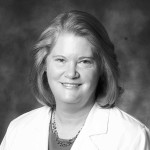 According to Marla Ahlgrimm, foods containing high levels of calcium, such as yogurt, milk, and cheese, also protect bone structure. She cautions here, however, to use calcium supplements sparingly as these have been shown to increase a person’s risk of heart disease by up to 22%.
According to Marla Ahlgrimm, foods containing high levels of calcium, such as yogurt, milk, and cheese, also protect bone structure. She cautions here, however, to use calcium supplements sparingly as these have been shown to increase a person’s risk of heart disease by up to 22%.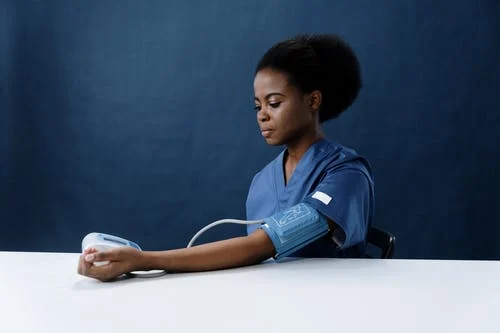
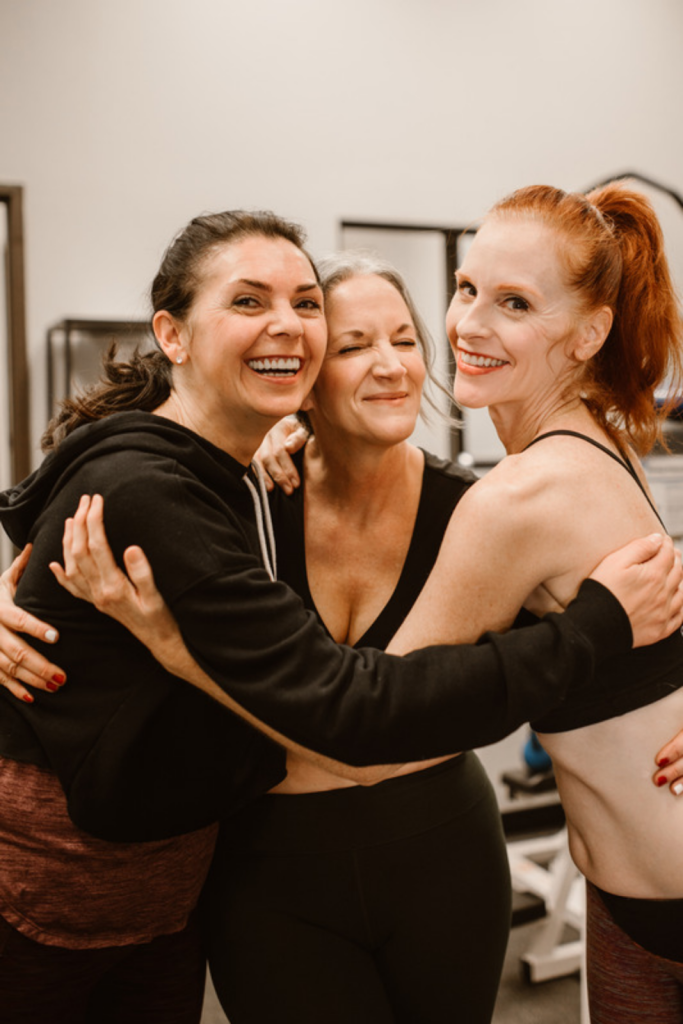
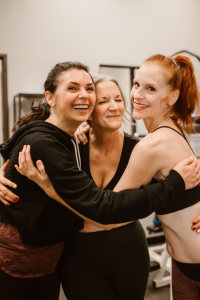 Many women inching closer to their 40th birthday mistakenly believe that beginning a fitness regimen now is impossible. The good news, says
Many women inching closer to their 40th birthday mistakenly believe that beginning a fitness regimen now is impossible. The good news, says 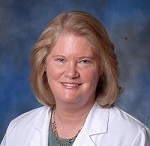 Marla Ahlgrimm:
Marla Ahlgrimm: 





 Marla Ahlgrimm has co-authored two ground-breaking books,
Marla Ahlgrimm has co-authored two ground-breaking books,